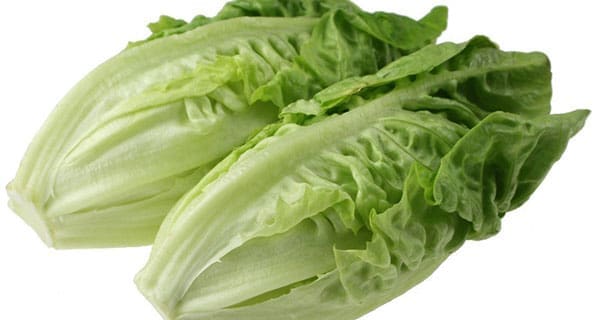 We went from a slew of alerts on romaine lettuce this fall to a series of clearcut recalls affecting various produce items – including romaine lettuce and cauliflower – when Canadian consumers were at their most vulnerable.
We went from a slew of alerts on romaine lettuce this fall to a series of clearcut recalls affecting various produce items – including romaine lettuce and cauliflower – when Canadian consumers were at their most vulnerable.
At this time of year, the Canadians economy is particularly vulnerable when safety issues arise in imported produce, since our supply channels are limited.
Chances are cauliflower will be very expensive as a result. And lettuce could be hard to get.
Unlike other such instances, the Canadian Food Inspection Agency was able execute a recall. This time, they have a company, a name, brands, lot numbers and products they can identify. One farm appears to be responsible for this E .coli outbreak: California-based Adam Bros. Farming Inc., one of several large-scale producers of leafy greens in the state.
Many verticals appear to have been affected by the outbreak, including romaine lettuce, cauliflower, red leaf lettuce and even sandwiches containing products from the same farm.
Without knowing the actual cause of the contamination, authorities were able to pinpoint a specific culprit by simple deduction.
In 2006, in the aftermath of the deadly E. coli outbreak affecting spinach, Adam Bros., along with more than 115 other producers, signed the Leafy Greens Marketing Agreement. These signatories represent more than 98 percent of all leafy green production in California. At least 276 consumer illnesses and three deaths have been attributed to tainted produce from these growers in 2006. Losses for the spinach industry were significant.
In Canada during the 2006 episode, it was next to impossible to buy spinach.
The industry went along with a rigour-charged voluntary system, vowing to never again go through something like the 2006 E . coli outbreak. The industry-led Leafy Greens Marketing Agreement garnered some impressive results – until now.
This time it’s lettuce.
Implications for the industry could be massive – losses could run into the hundreds of millions of dollars. As it was with spinach, the entire industry will be affected, not just Adam Bros.
Lettuce is one of the big sellers and that will affect the entire supply chain, from farm to retailer. At retail, some of these products have profit margins exceeding 50 percent, so grocers aren’t at all pleased. They’re having to issue many refunds, as well as deal with the fallout from the recall.
Protocols and regulations are already in place. Checkpoints, audits, inspections – everything was designed to increase compliance across the industry.
But in spite of this, some evidence points toward complacency. According to U.S. industry reports, while the number of unannounced audits remained stable at around 80 per year, the number of scheduled audits has been declining steadily since 2010. They went from a peak of 589 in 2010 to less than 380 in 2017. That’s a 47 percent drop in self-regulated audits, which the industry needs in order to keep things in check. This is a substantial shift.
Yet the industry report from the Leafy Greens Marketing Agreement offers not a single explanation as to why the number of U.S. audits dropped.
The Leafy Greens Marketing Agreement came out of the crisis affecting spinach. This latest recall is telling the industry that the will to implement more rigour has a short lifespan and needs to be resuscitated before another consumer dies.
Reports posted on the group’s website read more like self-congratulatory remarks than food safety concerns for the consumer.
After 12 years, perhaps it’s time for the industry to revisit some of the fundamental reasons the agreement was set up. This is about mitigating the risks that come with relying on global food supply chains. The very nature of these systems means one mistake will affect many. Rigour can’t be compromised.
But we also have issues in Canada. Products from Adam Bros. were being sold in at least six provinces. However, the Public Health Agency of Canada sent out alerts related to romaine lettuce covering only three provinces: Ontario, Quebec and New Brunswick. This went on for weeks.
From the start, most observers knew it was almost impossible that the outbreak could only affect three provinces. Many grocers were ahead of the Public Health Agency on this, pulling romaine from their shelves even if the alert hadn’t included their province.
So over the holiday season, we can’t blame consumers for avoiding lettuce and cauliflower in order to protect themselves and their loved ones.
Turnips, anyone?
Dr. Sylvain Charlebois is senior director of the agri-food analytics lab and a professor in food distribution and policy at Dalhousie University.
Sylvain is a Troy Media contributor. Why aren’t you?
For interview requests, click here. You must be a Troy Media Marketplace media subscriber to access our Sourcebook.
The views, opinions and positions expressed by columnists and contributors are the author’s alone. They do not inherently or expressly reflect the views, opinions and/or positions of our publication.


